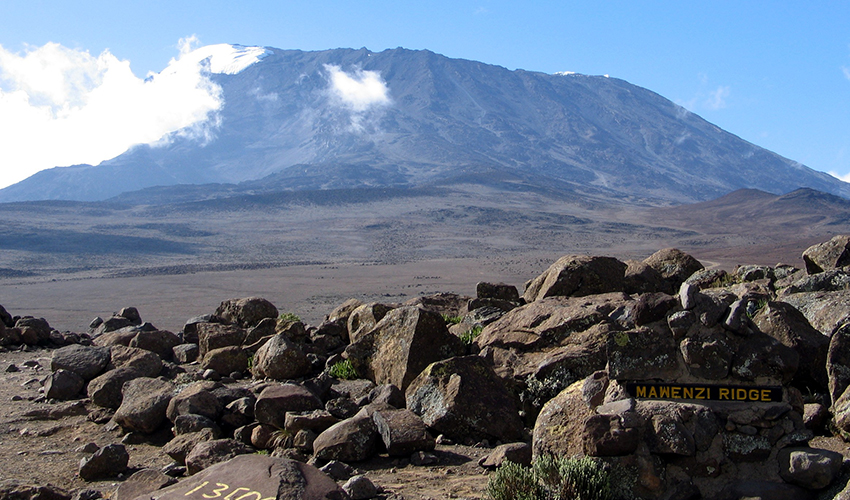Marangu Route is Popularly Known as the “Coca-Cola” route. Many people prefer the Marangu route because it is considered to be the easiest path on the mountain, given its gradual slope. It is also the only route which offers sleeping huts in dormitory style accommodations, While on this trek you have 5 days on the Mountain and two Nights in arusha hotel that makes its a total of 7 days including traveling days to and from Tanzania. Please note the safari can start from Either Arusha or Kenya.
Mountain Gear Check-list
- A Rucksack for Your Equipment – To Be Carried By Porters
- Sleeping Bag [Mountain Type], Day Pack – For Your Personal Items
- Hiking, Climbing Boots, Camp Shoes, Trainers Not Sandals
- 2 Thin Polypro Type For Quick Drying, 4 Thick Wind Pants, Wind shirts
- High Gaiters, Warm Pants [Fleece], Jacket Or Pullover, 1 Rain Parka
- 2 Underwears,1 Hiking Shirt, Long Sleeve, 1 Bandanna
- 1 Warm Hat, 1 Hiking Shorts, Pants, Balaclava, Fleece Neck Warmer
- Headlamp, Bulb, Batteries, First Aid Kit, Pocketknife, Sunglasses, Snow
- Goggles, Water Purification Tablets
- Toiletry Item, Plus Sunblock, Lipsalve, and Moisturizer
- Walking Stick

